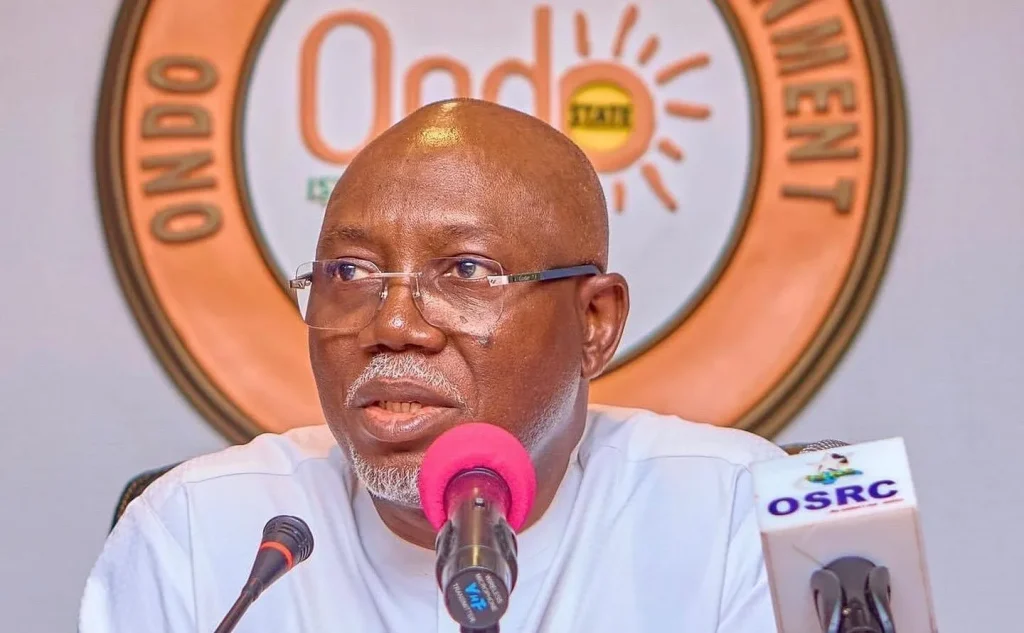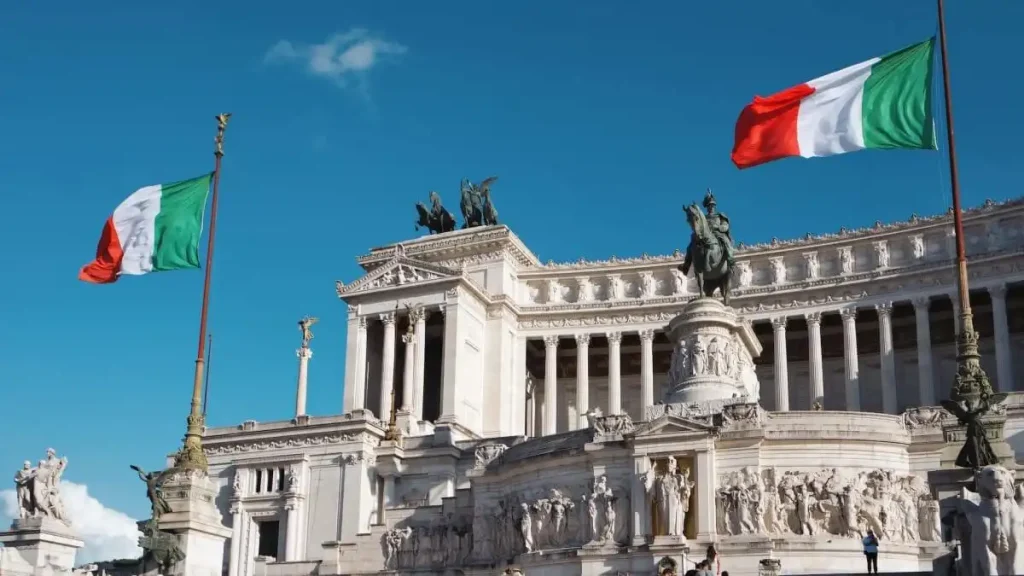The House of Representatives is deliberating a bill aimed at amending the Nigeria Police Act, 2020. This proposed amendment seeks to establish clear guidelines for the assignment of police officers as orderlies to high-ranking government officials, addressing concerns over potential misuse and ensuring that police personnel are primarily dedicated to their core law enforcement duties.
Key Provisions of the Proposed Amendment
The bill, introduced by Wale Raji, the representative for Epe Federal Constituency in Lagos State, outlines several critical changes:
-
Designation of Eligible Officials: The amendment specifies that only certain public officials are entitled to police orderlies. These include the president, vice president, Senate president, speaker of the House of Representatives, chief justice of Nigeria, state governors, deputy governors, principal officers of the National and State Assemblies, and local government chairmen. The Inspector General of Police (IGP) retains the authority to determine the necessity and extent of such assignments.
-
Tenure Limitation for Orderlies: To prevent prolonged detachment from essential police functions, the bill proposes a maximum tenure of three years for officers serving as orderlies to elected officials. After this period, officers are required to return to their respective divisions to resume standard duties and participate in further training. Additionally, these officers would be ineligible for reassignment as orderlies for a minimum of five years. Exceptions are made for those attached to the president, vice president, state governors, and principal officers of the National and State Assemblies, allowing them to serve throughout the official’s tenure before reassignment.
-
Enforcement and Penalties: To ensure adherence to these regulations, the amendment includes provisions for disciplinary actions. Any police officer found contravening or facilitating the violation of these guidelines would face misconduct charges as outlined in the Police Service Rules.
Rationale Behind the Amendment
The explanatory memorandum accompanying the bill highlights the primary objectives: curbing the misuse of police personnel assigned to Very Important Persons (VIPs) and enhancing the efficiency, professionalism, and dignity of the Nigeria Police Force. By clearly defining the scope and duration of such assignments, the amendment aims to ensure that a significant portion of the police workforce remains available for public safety and law enforcement duties.
Current Context and Implications
The Nigeria Police Act, 2020, in its existing form, provides for the appointment of supernumerary police officers for attachment as orderlies. However, the absence of specific limitations on the duration and scope of these assignments has led to concerns about the potential diversion of police resources from essential duties. The proposed amendment seeks to address these gaps by instituting clear parameters for such deployments.
If enacted, this legislation could lead to a more judicious allocation of police personnel, ensuring that the primary focus remains on maintaining public order and safety. It also underscores the commitment of the legislative body to uphold the integrity of law enforcement agencies by preventing the potential exploitation of police services for personal or non-essential purposes.
Next Steps
The bill is slated for further debate and consideration on the floor of the House in the coming weeks. Stakeholders, including law enforcement agencies, civil society organizations, and the general public, are encouraged to engage in the discourse to ensure that the final legislation reflects a balanced approach to security and resource management.
Conclusion
The initiative by the House of Representatives to amend the Nigeria Police Act, 2020, signifies a proactive approach to refining the operational framework of the nation’s police force. By setting clear guidelines for the deployment of police orderlies, the proposed changes aim to enhance the effectiveness of law enforcement while preventing potential abuses, thereby fostering a more secure and orderly society.













